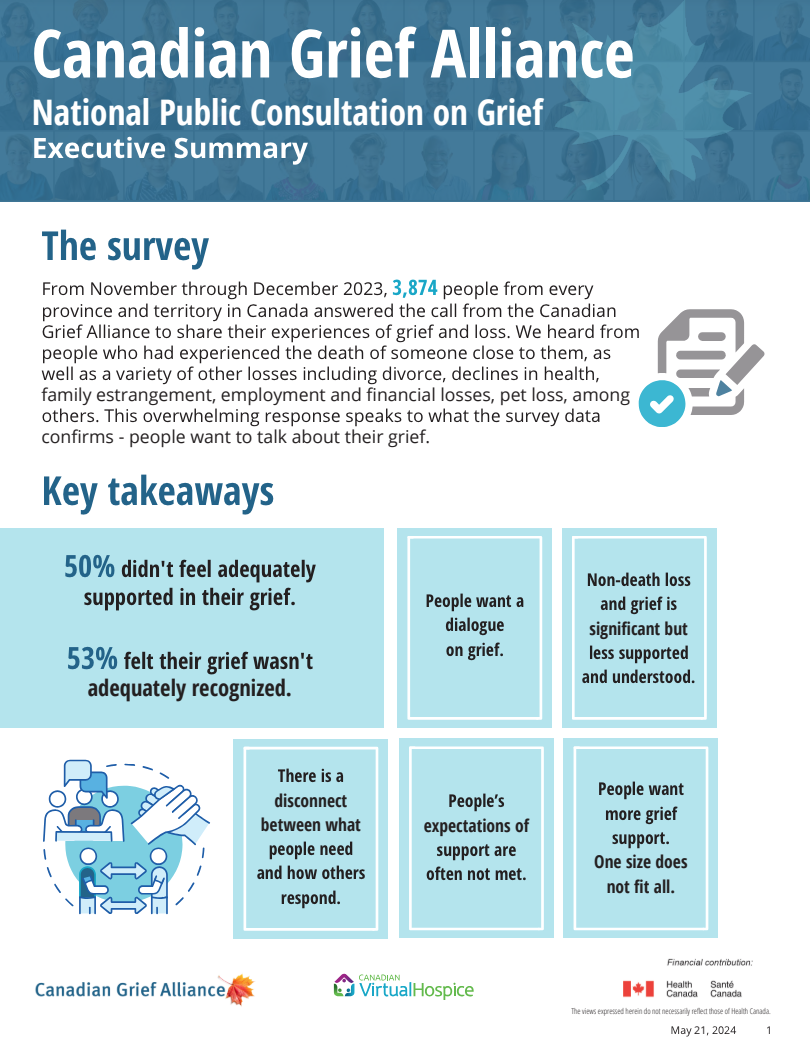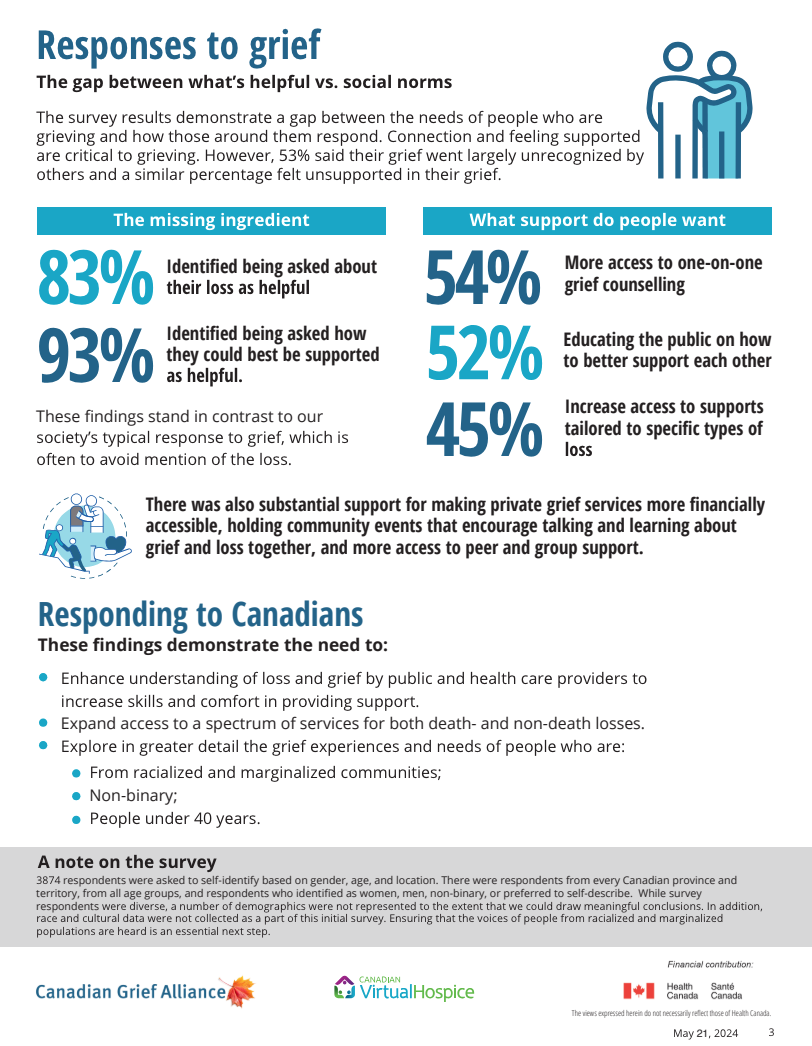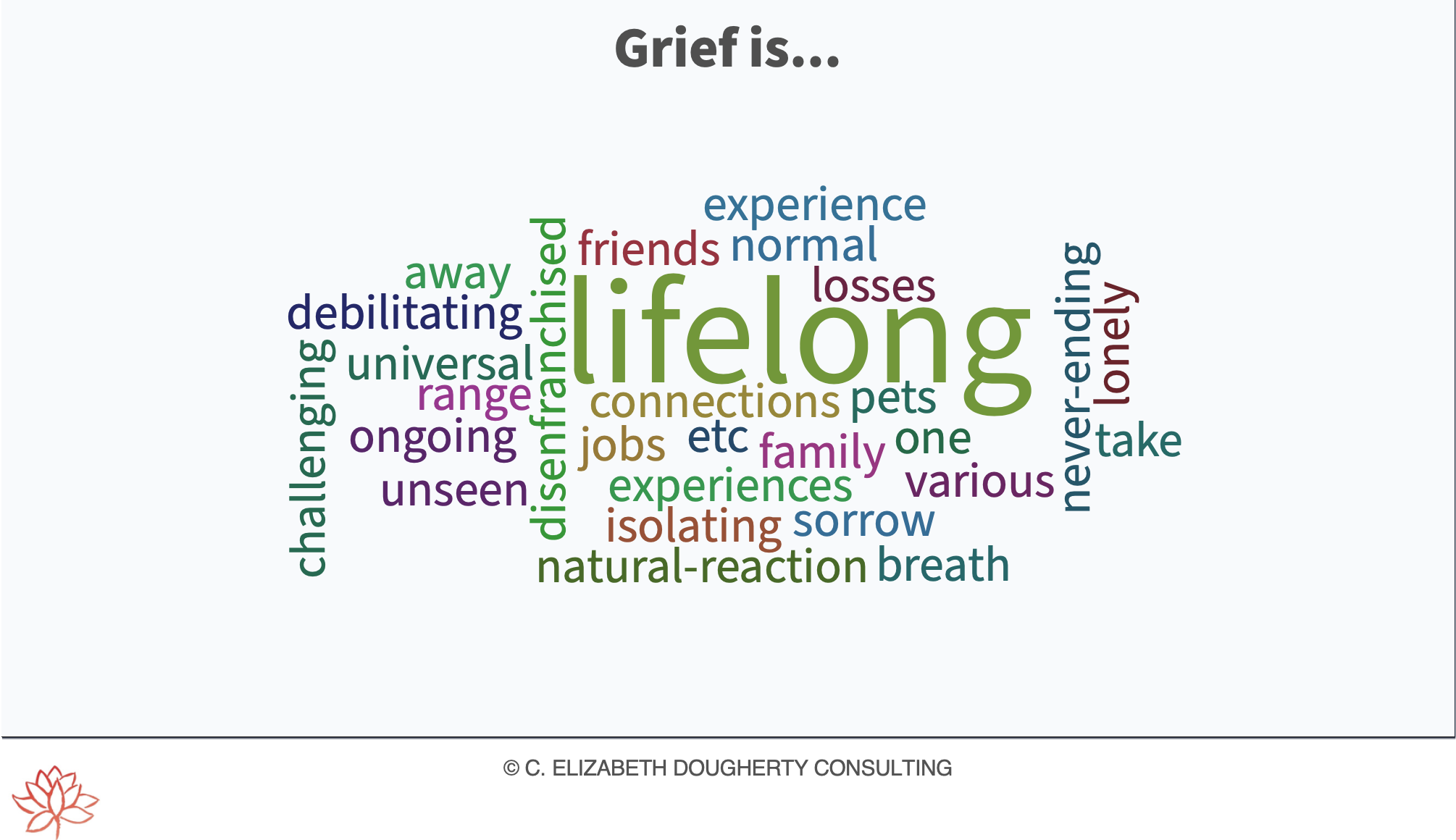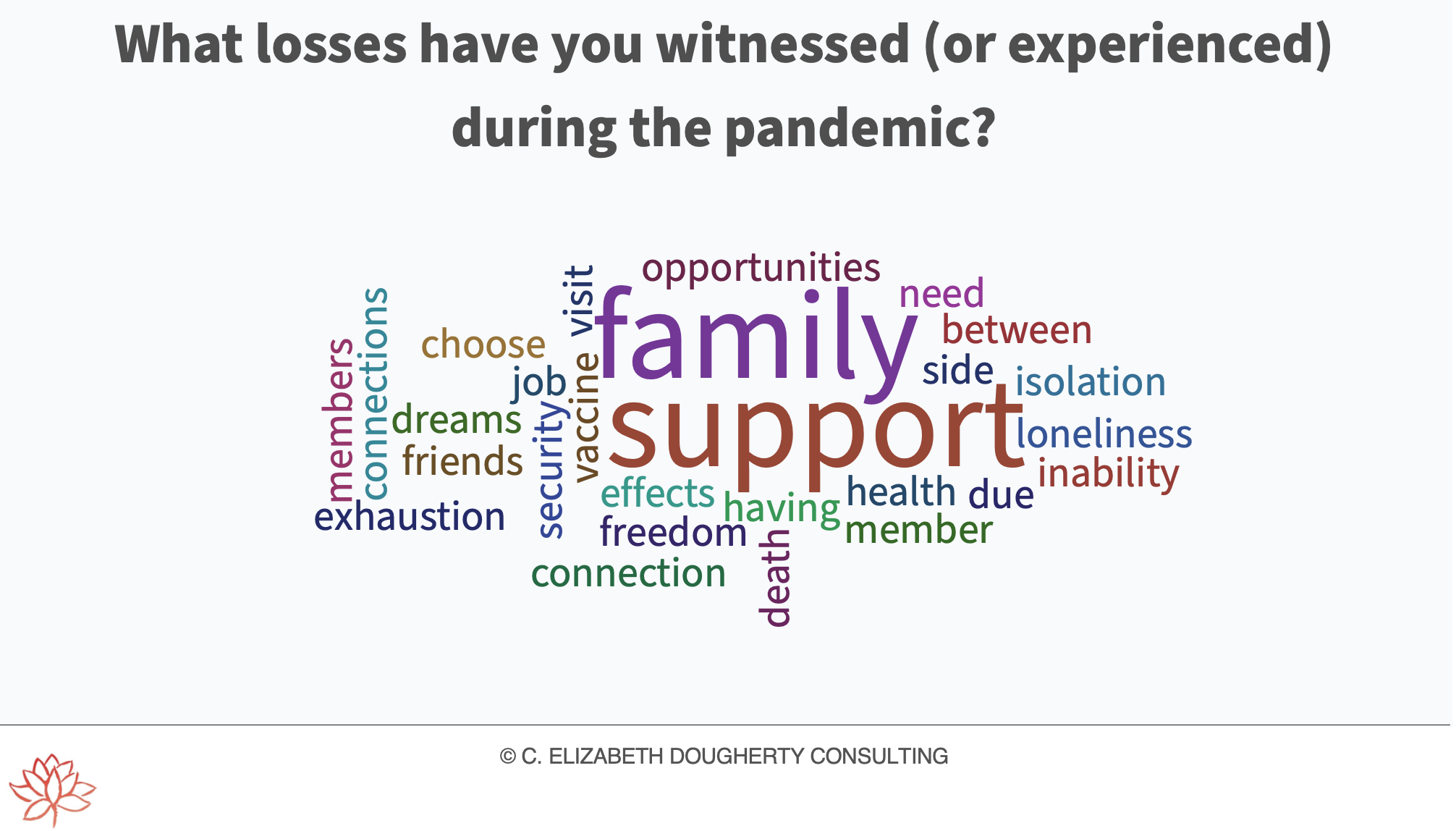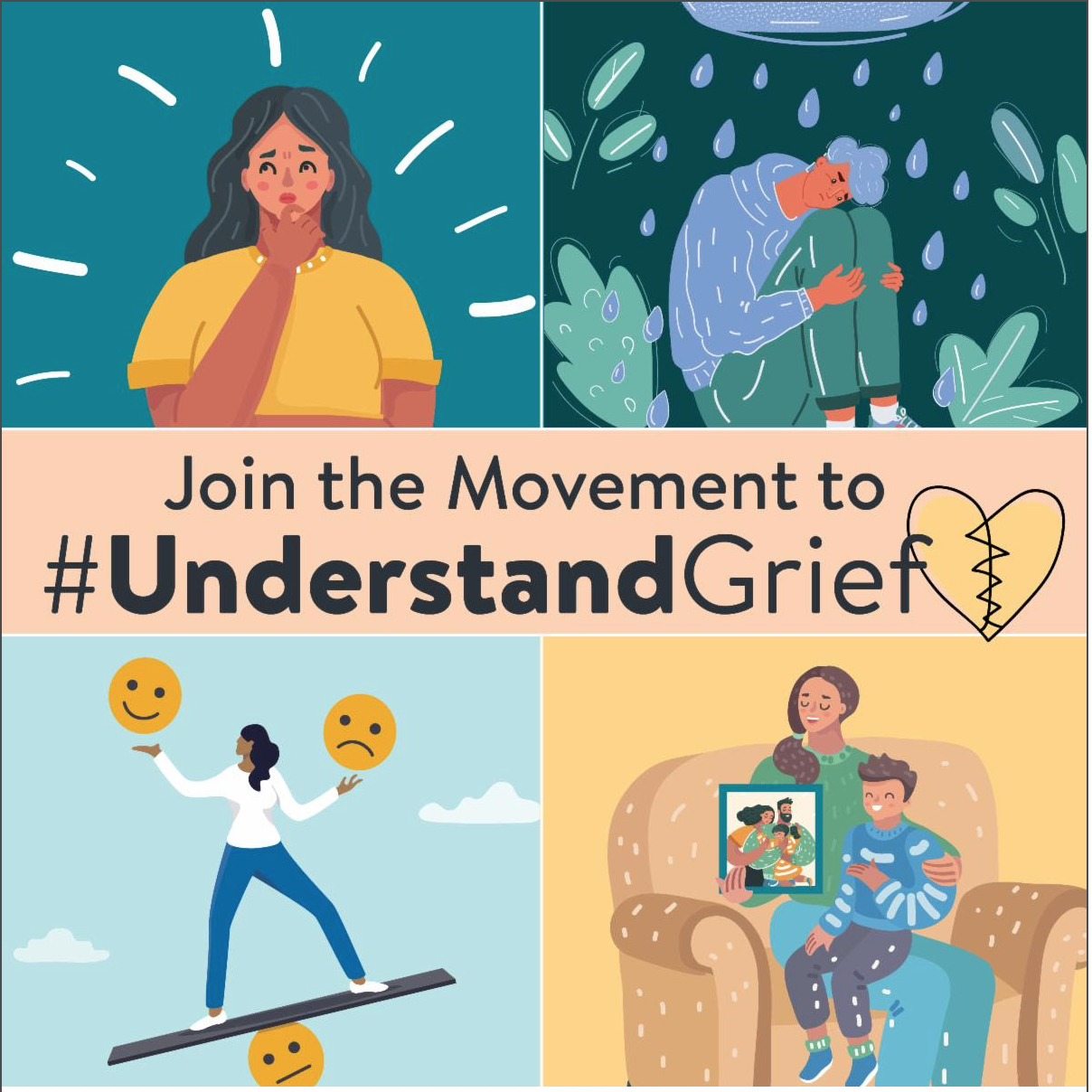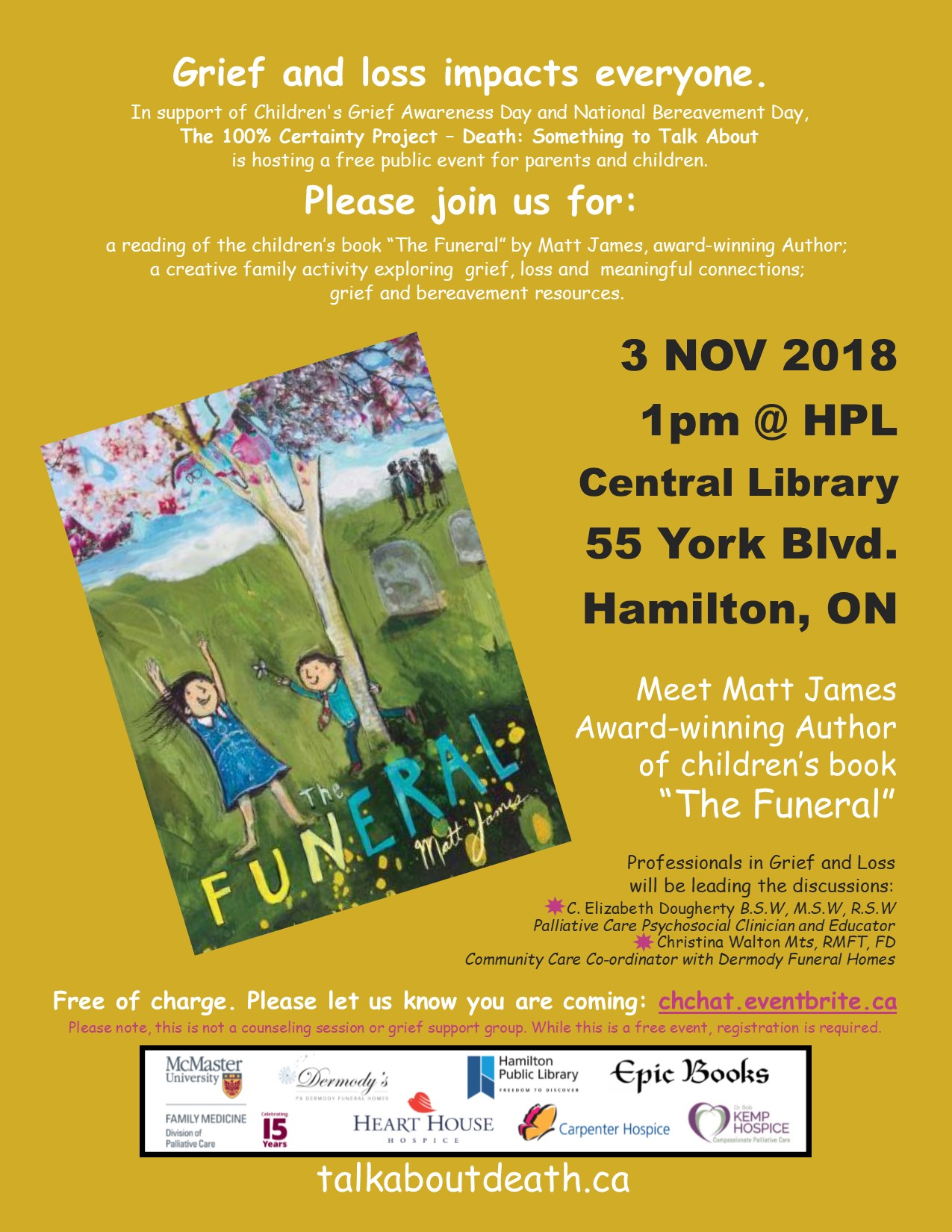Remember. Reflect. Connect. National Grief and Bereavement Day is November 19, 2024. It is time to reflect and take action, creating connections while navigating grief.
The third Tuesday in November marks the annual National Grief and Bereavement Day in Canada. On this day, CHPCA encourages Canadians to engage government and all sectors of Canadian society in a national dialogue to identify and support access to the necessary resources for those living with grief and bereavement.
Grief can make us hesitant to connect with those around us, whether we are the person grieving or someone around them. When someone we know is faced with grief, we can often find ourselves at a loss for words. When we are grieving ourselves, we may not know what support we need.
Grief is Universal. Grief is a common experience we will all share, yet it can often leave us feeling disconnected. We might feel disconnected from our loved ones, from our friends, or from who we used to be.
Finding connection through loss can be a powerful tool to help us move forward and through grief. Something as simple as a phone call, someone reaching out, a hug, a prayer, or a treasured memory shared can bring much needed solace after a loss.
For more information, or to access a Grief and Bereavement Resource Repository, visit: https://www.chpca.ca/awareness/national-grief-and-bereavement-day/grief-and-bereavement-resource-repository/
Source: CHPCA




